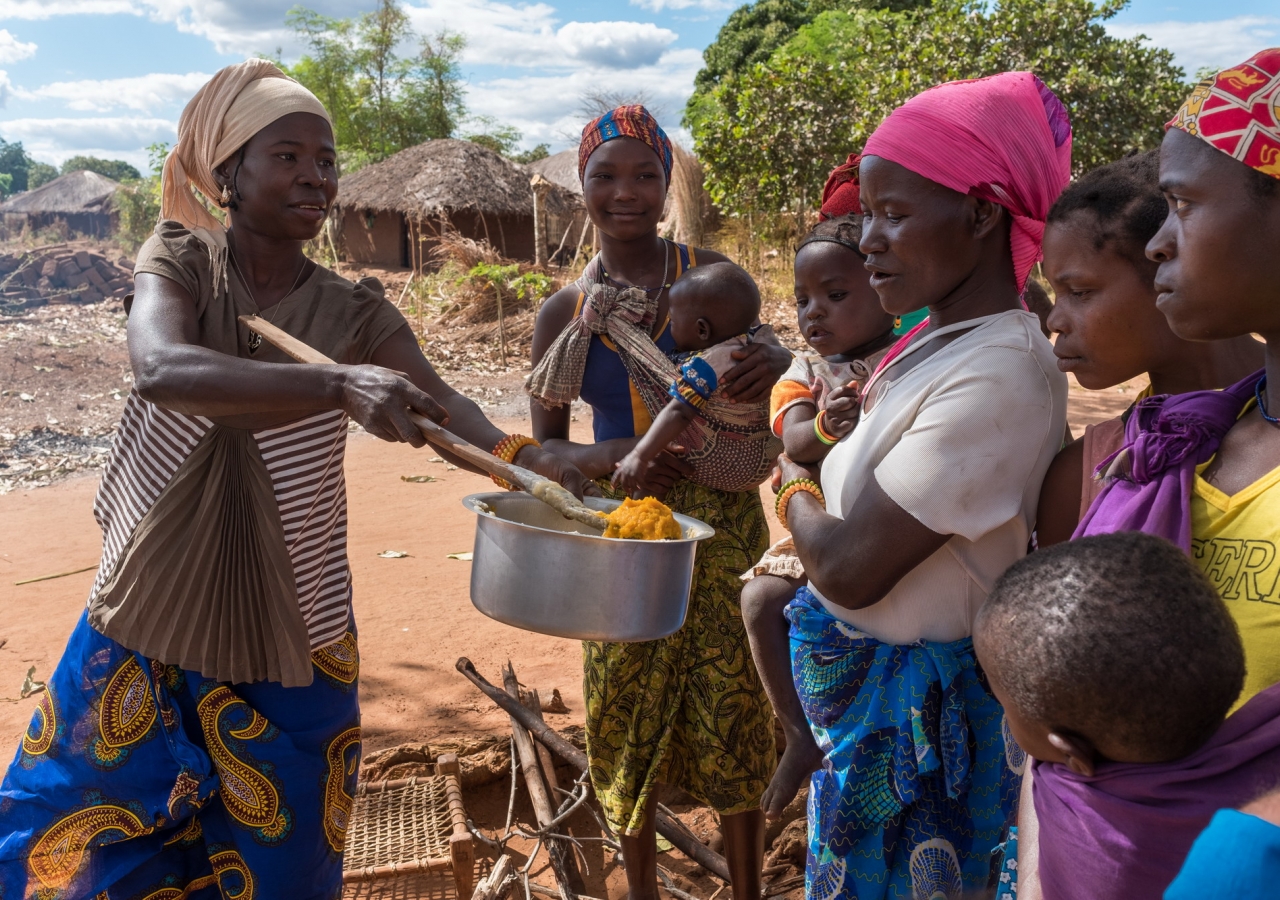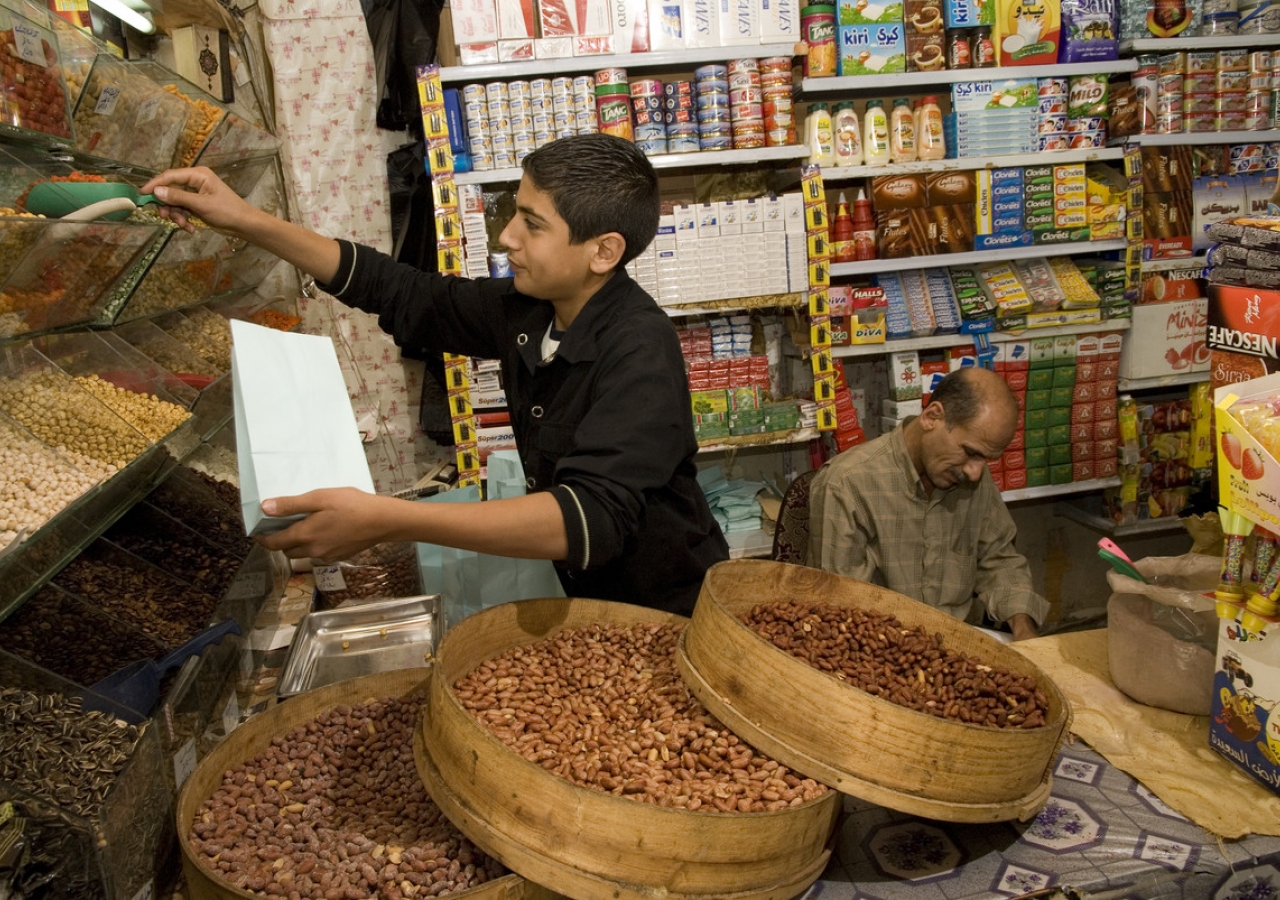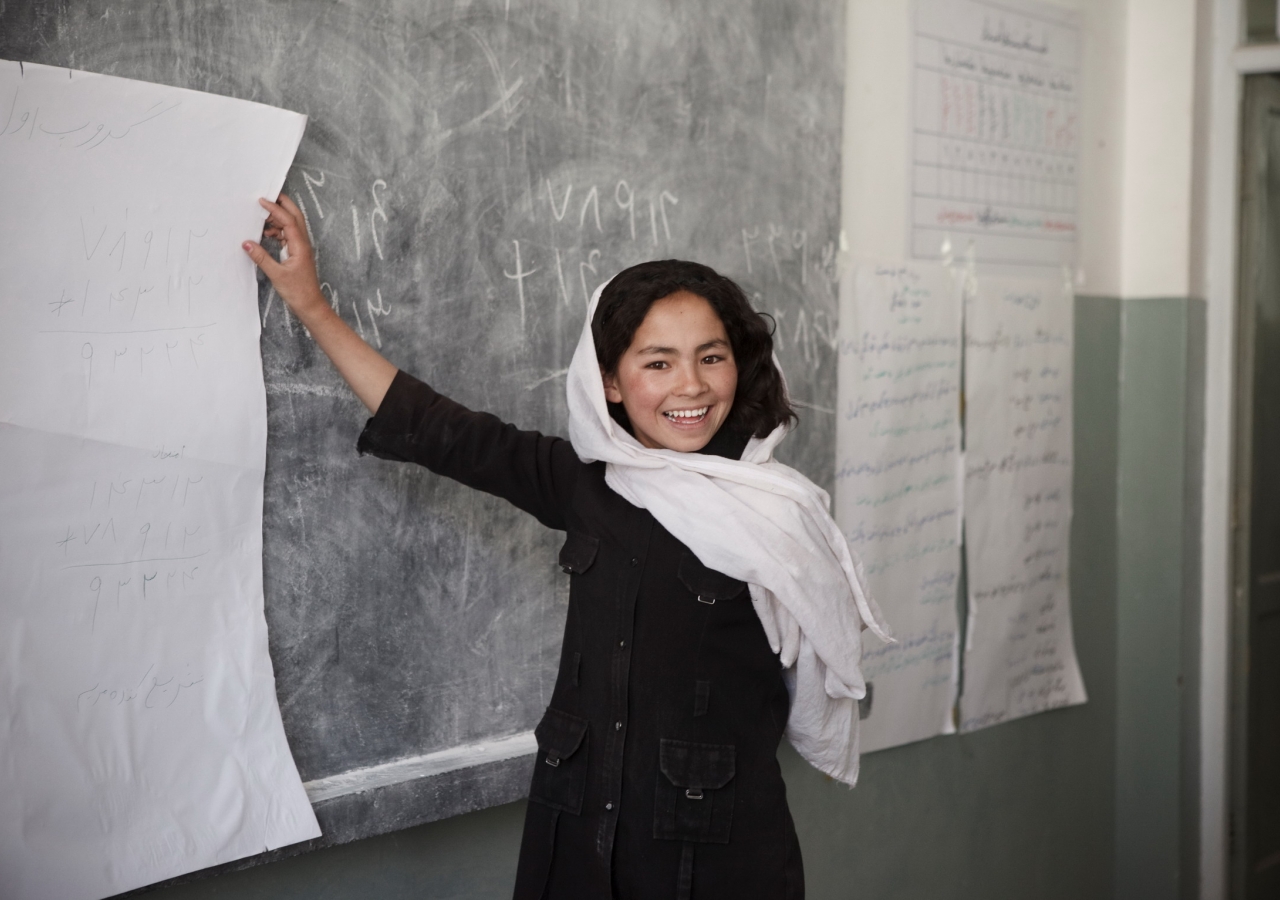“If our animosities are born out of fear, then confident generosity is born out of hope. One of the central lessons I’ve learned after half a century of working in the developing world is that the replacement of fear with hope is probably the single most powerful trampoline of progress.”
Previously, we explored our responsibility in realizing the social conscience of Islam. This article will look at what it means to spark the light of hope and how it connects to the social conscience of Islam.
What are our responsibilities in realizing the social conscience of Islam?
As Shia Ismaili Muslims, we have two responsibilities in realizing the social conscience of Islam. Like all of our Muslims brothers and sisters, our first responsibility is embodied in the ‘ethic of self-reliance’ which calls for us to constantly strive to improve our lives, no matter what our situation is. Sura 53, Ayah 39 of the Holy Qur’an says: “Man shall have only that for which he labours.” The second responsibility is embodied in the ‘ethic of compassion and sharing,’ which calls for us to help others improve their lives.
How are poverty and hope connected?
Poverty is not just a lack of resources; it is a lack of hope. Hope that things will ever change. That the next day, or the next year, or even the next generation will be better. In a speech in Madagascar in 2007, Mawlana Hazar Imam said: “Our duty is to try to free people from poverty. And to me, poverty means being without shelter, without protection, without access to healthcare, education, or credit, and without hope of ever controlling one’s own destiny.”
What does Mawlana Hazar Imam believe we can do to spark hope?
Throughout the years, Mawlana Hazar Imam has continued to encourage us to use our wealth, time and knowledge in order to light that spark of hope in the lives of others. Upon accepting the David Rockefeller Bridging Leadership Award in London on October 22, 2012, Mawlana Hazar Imam said:
“The premise that Islam works on is not just helping but helping to render the individual capable of governing his or her destiny. You are not just helping them away from poverty; you are giving them the means to propel themselves and their families into their future, in ways which they control.”
Mawlana Hazar Imam’s Diamond Jubilee goal is to alleviate poverty. As part of our responsibility to realize our social conscience, we can help to do this by lighting a spark of hope for those around us.
In his speech at the opening of the Aga Khan Baug in Mumbai, India in 1983, Mawlana Hazar Imam spoke about the responsibility to spark hope in the poor:
“There are those… who enter the world in such poverty that they are deprived of both the means and the motivation to improve their lot. Unless these unfortunates can be touched with the spark which ignites the spirit of individual enterprise and determination, they will only sink back into renewed apathy, degradation and despair. It is for us, who are more fortunate, to provide that spark.”
Thank you for visiting this website. In order to improve the quality of the website, please complete a short survey. The data collected will help us to serve you and others in a more effective and efficient manner. Please click on this link to complete the survey.
Learn more:










